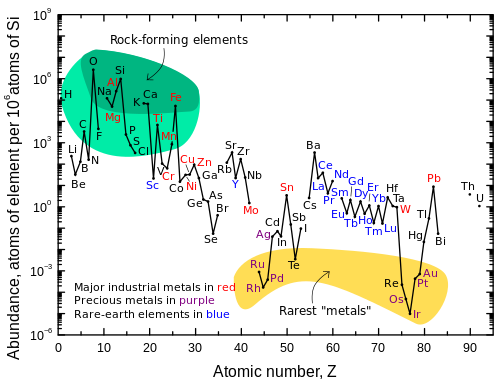US, EU, Japan fight China on rare earths
The US has joined with the European Union and Japan to bring a case at the World Trade Organisation against China’s export controls on rare earths.
A senior US official confirmed that the Obama administration would soon bring a case against China over rare earths – 17 elements crucial for producing a range of items from fluorescent lightbulbs and BlackBerrys to guided missiles and hybrid cars.
Tensions between the US and China have been mounting but election-year politics in the US have put China trade ties in the spotlight. The WTO recently ruled against China’s export restrictions of raw materials, in a case that was seen as a litmus test for how the trade body might approach a dispute over rare earths.
Karel De Gucht, the EU’s trade commissioner, said that China’s restrictions on rare earth were damaging to European manufacturers and “must be removedâ€. Mr De Gucht also expressed frustration that China had not addressed the situation after the WTO ruling that Chinese restrictions on exports of raw materials were illegal.
>
The US has joined with the European Union and Japan to bring a case at the World Trade Organisation against China’s export controls on rare earths.
A senior US official confirmed that the Obama administration would soon bring a case against China over rare earths – 17 elements crucial for producing a range of items from fluorescent lightbulbs and BlackBerrys to guided missiles and hybrid cars.
Tensions between the US and China have been mounting but election-year politics in the US have put China trade ties in the spotlight. The WTO recently ruled against China’s export restrictions of raw materials, in a case that was seen as a litmus test for how the trade body might approach a dispute over rare earths.
Karel De Gucht, the EU’s trade commissioner, said that China’s restrictions on rare earth were damaging to European manufacturers and “must be removedâ€. Mr De Gucht also expressed frustration that China had not addressed the situation after the WTO ruling that Chinese restrictions on exports of raw materials were illegal.
>




Comment